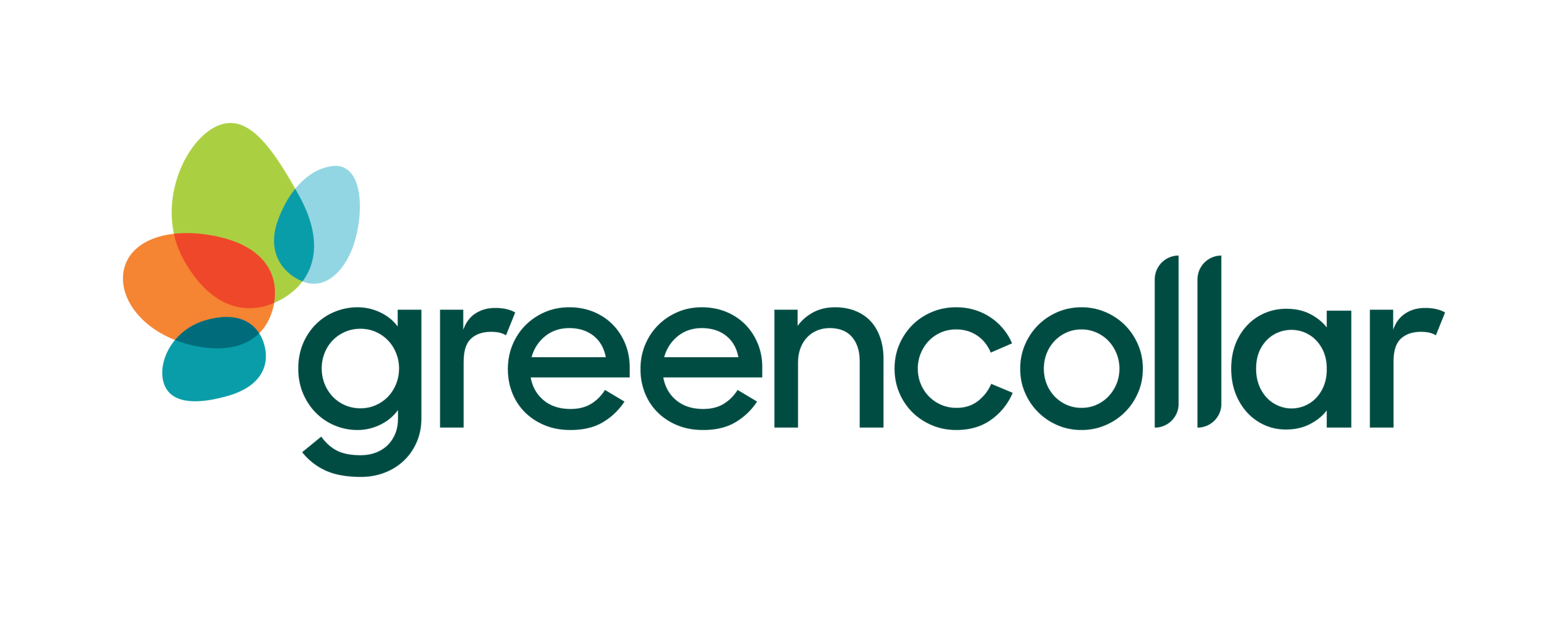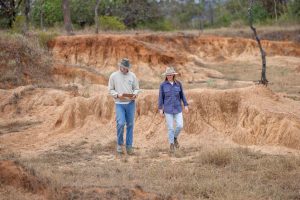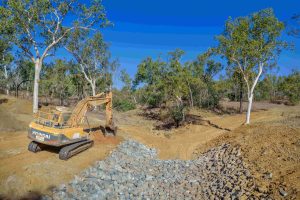Media release: The construction phase of a major new project dedicated to improving water quality on The Great Barrier Reef, through reducing fine sediment runoff, has just been completed at a gully rehabilitation project in the Bowen River catchment in north Queensland.
The 40 hectare project is significant, not only for being the first of its kind to be implemented under Queensland’s Reef Credits Scheme, but because of an innovative agreement with Far North Queensland ports operator, Ports North. Ports North has committed to purchasing Reef Credits generated by the project over time to mitigate the impact of sediment making its way to the reef.
The Reef Credits Scheme incentivises the implementation of land management projects on privately held properties in the Reef’s catchment areas to prevent pollutants entering its waters. The scheme was designed by natural resources bodies, Terrain Wet Tropics and NQ Dry Tropics, environmental markets developer GreenCollar and the Queensland Government, with support and input from the environment sector and local communities.
A Reef Credit, which represents measured amounts of pollutants prevented from reaching the reef, can be sold to investors who wish to make a tangible, reportable contribution to helping the Great Barrier Reef ecosystem. The scheme directly remunerates landholders for doing this work and encourages them and others to do more, promoting environmental stewardship.
“The advantage of these projects, which prevent environmental pollutants, such as fine sediment and dissolved inorganic nitrogen (DIN), from running into the waters of The Great Barrier Reef, is that the results are measured and independently verified,” said GreenCollar’s Head of Portfolio – Queensland East, Bart Dryden. “This means investors, such as Ports North, can report tangible impacts from their investments in enhancing water quality on the Great Barrier Reef with the confidence that they are traceable and transparent.”
“The Bowen River gully rehabilitation project, which is the first gully rehabilitation project conducted under the scheme, prevents fine sediment run-off by employing scientifically-proven erosion control techniques, which include landforming, soil amelioration, installation of engineered controls to halt and slow sediment mobilisation and the stabilisation of soil with native revegetation,” Mr Dryden said. “It is estimated the project will prevent just under 18 thousand tonnes of fine sediment from entering the Reef’s waters.”
Repairing gullies is a costly but important exercise. Sediment runoff reduces water quality, smothers riverine and reef habitats, and impairs the resilience of aquatic ecosystems in the face of climate change and other stressors. Across catchments in the region, substantial land degradation caused by gully erosion has driven sediment-laden runoff into the Reef’s catchment area, threatening agricultural productivity and native biodiversity in the process.
“The Bowen River gully rehabilitation project is also notable because it represents a significant next step for investment in this market because organisations seeking to make nature-based financial disclosures and report on real, quantifiable actions they have taken for the environment now have a clear pathway to meet these needs, as well as to contribute to the Queensland Government’s water quality targets,” Mr Dryden said, ”The added benefit is that increasing levels of this type of investment, particularly from the private sector, will help expand the Reef Credit Scheme and allow these quantifiable solutions to develop to the scale required to deliver even greater impact for this massive and iconic ecosystem.”
Ports North CEO, Richard Stevenson, said, “Our purchase of Reef Credits over the coming three years satisfies a critical aspect of our approval under the Environment Protection and Biodiversity Conservation Act for the Cairns Shipping Development Project. After completing works to deepen and widen the shipping channel network, we were able to direct funding to support a local farmer in gully restoration, which will contribute to a measured reduction in fine sediment run-off into the Great Barrier Reef World Heritage catchment.
“It is satisfying to see our investment going directly to reducing the amount of sedimentation reaching our waterways. Ports North is proud to be playing an important role in helping to build market confidence in the Reef Credits Scheme, which we see as a fundamental tool in improving the health and resilience of the Great Barrier Reef.”
The Bowen River gully rehabilitation project represents a major milestone. It is the first fine sediment reduction project to be formally registered with independent environmental markets administrator, Eco Markets Australia, and will be the first gully rehabilitation project of its kind globally using a market-based approach to catchment restoration.

